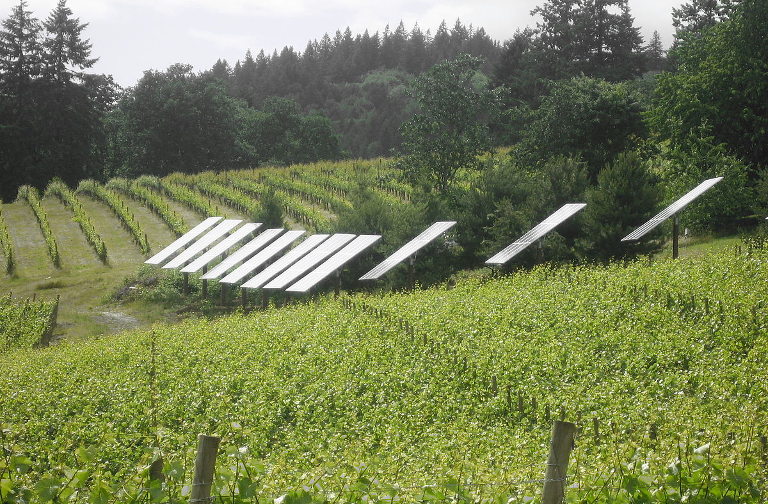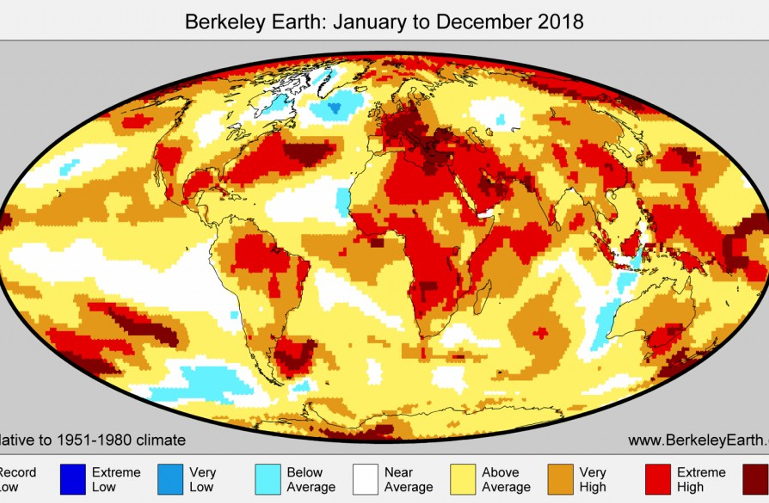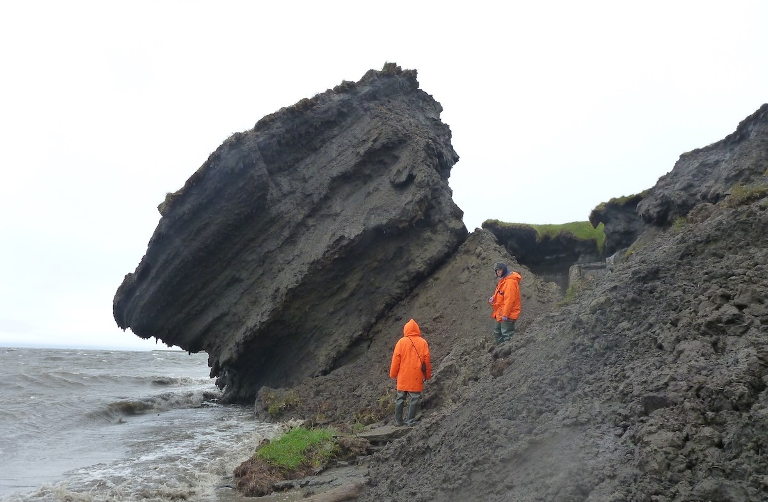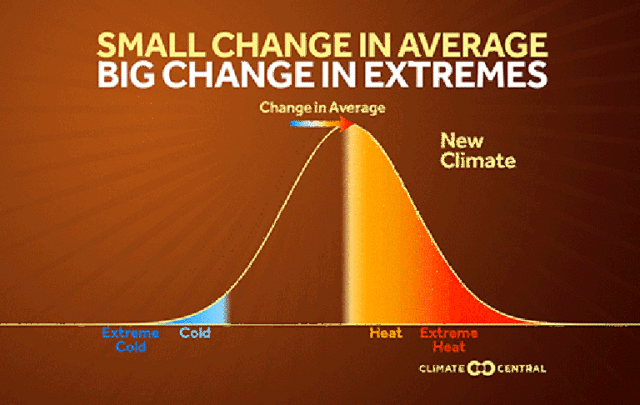Dr. Joe Romm is Founding Editor of Climate Progress, “the indispensable blog,” as NY Times columnist Tom Friedman describes it.
Renewables ‘Have Won the Race’ against Coal and Are Starting to Beat Natural Gas
The rapidly dropping cost of renewable energy has upended energy economics in recent years, with new solar and wind plants now significantly cheaper than coal power.
April 4, 2019
‘Spectacular’ Price Drops for Clean Energy Obliterate the Cost Arguments against Green New Deal
Modernizing and decarbonizing the country’s aging energy infrastructure now has so many economic, environmental, and health benefits that the overall benefit of strong climate action would be enormous.
March 28, 2019
Scientists Find that We are Living Through a Record-Setting ‘Period of Significant Warmth’
In 2018, a remarkable 29 countries plus Antarctica set individual records for the hottest year ever. Meanwhile, no country saw a record cold year.
January 31, 2019
The Most Dangerous Climate Feedback Loop is Speeding Up
Thawing permafrost is an especially dangerous amplifying feedback loop because the global permafrost contains twice as much carbon as the atmosphere does today .
January 21, 2019
The Midterms were Good for Climate Candidates but Disastrous for the Climate
Democrats campaigning on climate action and clean energy did very well around the country election night. It’s clearly a winning issue, as the polls have long said. But two key results of the election are bad news for the climate — and together they pose a very difficult challenge to the kind of near-term climate action that’s needed to avoid catastrophic climate change.
November 9, 2018
Florence is Not the ‘New Normal’. We’ve Destroyed Normal Forever.
You’ve probably seen the term “new normal” used to describe how human caused climate change has forever changed the kind of weather we can expect.
September 24, 2018






